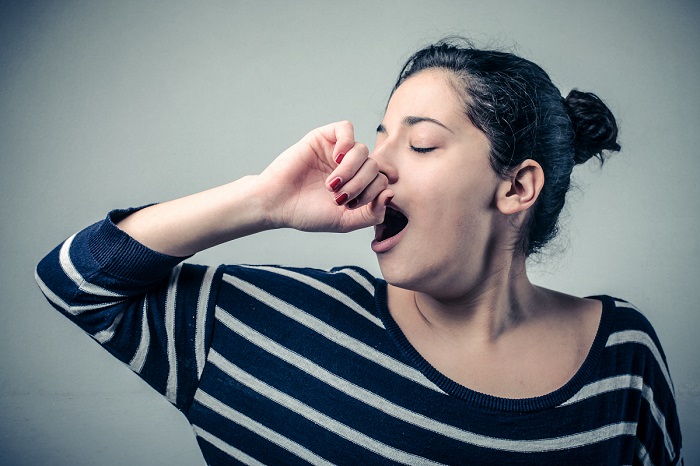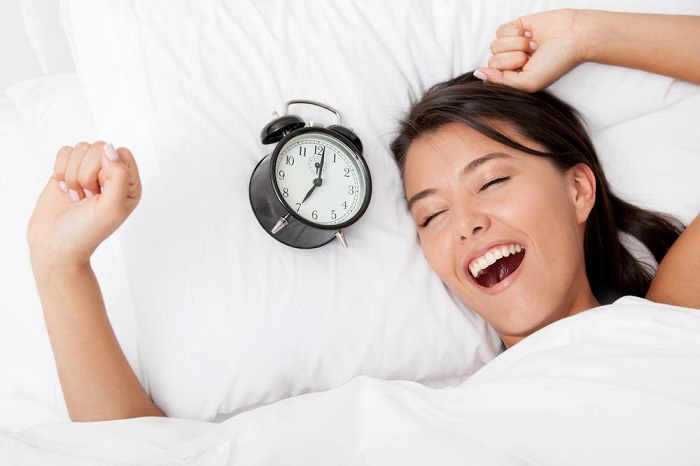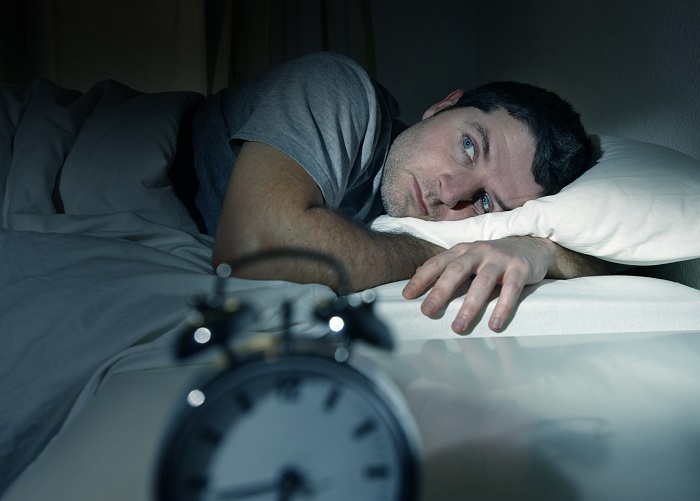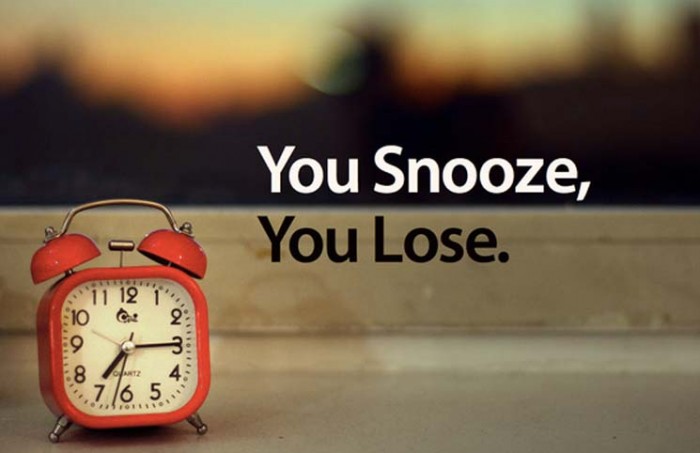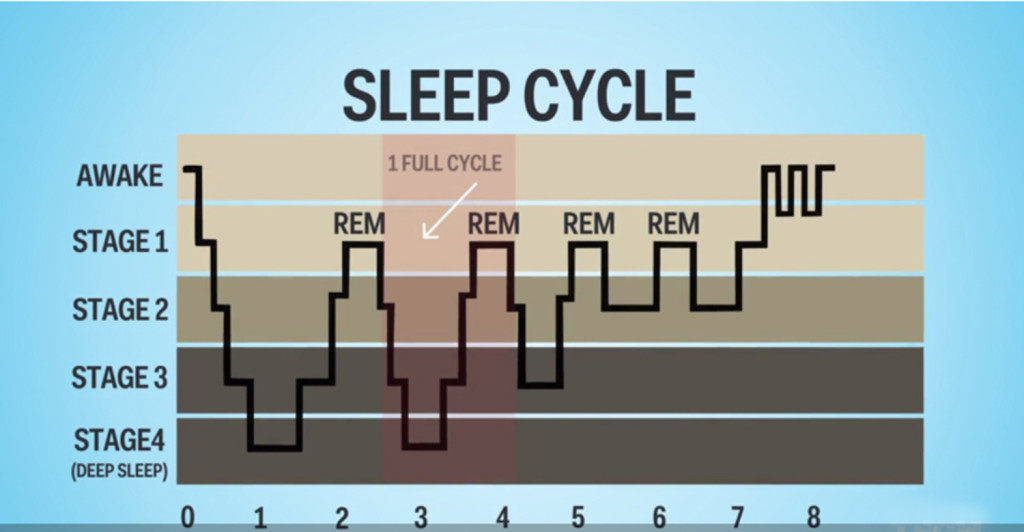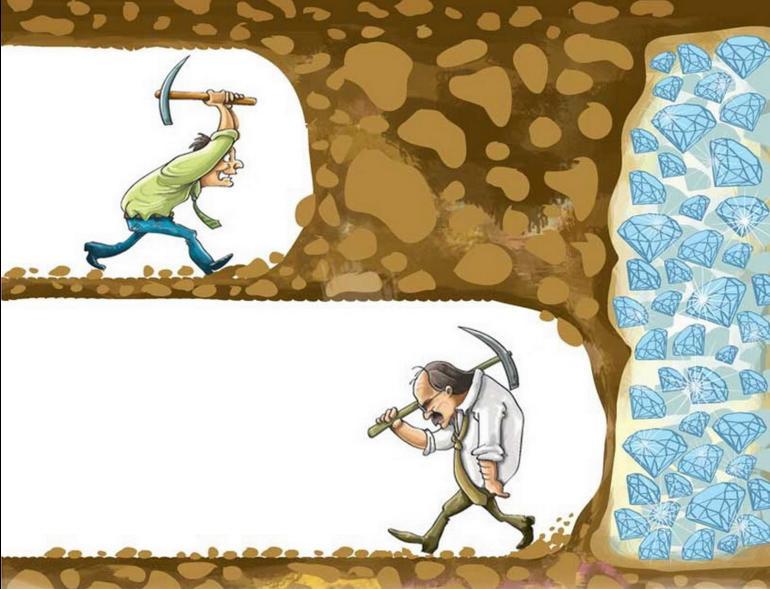Hey guys (and girls) 🙂
In this post, I’ll share my experience with sleeping disorders, bad sleeping habits and the importance of a good night sleep for being more organized, productive and fulfilled. What you are about to read are my personal experiences with overcoming the bad sleeping habits, helping me to improve in many fields. Since biologically we (humans) are all the same, when it comes to work, productivity, stress or sleep, all of us are facing the same problems. That’s why I believe that by sharing my story I will help you in overcoming these issues.
The 6-hours sleep myth and falling to disorder
First things first most of us have heard about the “6-hour rule”. Have your 6-hours of sleep and you’ll be fine, rested, you just won’t need more than that. Unfortunately, this can easily push you to a sleeping disorder, forming a bunch of new bad habits and also lowering your productivity. Why am I saying this? Because I’ve been through it.
Freelancing and working for yourself gives you the advantage to control your daily schedule, which depending on your workload, can become very flexible, usually to the point when it disrupts most of your daily habits, especially the healthy sleeping habit. I’ve found myself in this situation many times, staying up late, working over hours, sleeping from 3:00 A.M. to 9:00 A.M. thinking that “the 6-hour rule” will work. So did it worked? In some very bad way yes. I was getting the work done, added some extra pounds along the way mainly due to high intake of caffeine and sugar, to help me focus, and I never felt fully rested. I lured myself into thinking that sleeping 10 hours 1 day in the week, usually that was Sunday, will help me achieve some “weekly balance”. Well, that turned out to be some heavy BS. Sleeping for 10-11 hours at Sunday didn’t change anything. I never felt fully rested, nor needed less caffeine and sugar to focus.
The solution was very simple, very straightforward – don’t get in the way of the body’s own Circadian Rhythm.
Let me simplify it for you. You need to go to sleep when your body feels tired and need to wake up when your body feels rested. It’s just simple science – so no “growth hacking” BS here.
The most important lesson here was that you need to “adjust” those 6 hours of sleep according to the natural flow of the organism i.e. sleep at night, wake up early in the morning.
So, I’ve let my bedtime and wake-up time to happen, just like that, naturally. Yes, it was hard to get it right the first 5-6 days. I had problems falling asleep and waking up, some nights having less than 5 hours sleep, but after a week or so, I was “programmed” to fall asleep and wake up at the same time. Easy and naturally! The best part is that I was feeling fully rested when I was waking up! 🙂
The “I just can’t fall asleep” excuse
I have found myself in this situation many times. Laying on the bed, thinking how I need to get sleep, but I just can’t do it. What do I do? I push the mind into thinking that I need sleep, ASAP, now! As the time passes, I keep telling myself that I am left with less and less time to sleep, pushing the mind even more into thinking that I must fall asleep. I bet most of you have been there. That’s definitely the worst thing you should do at this stage. Instead, you should just relax and stop thinking. Sounds easy but almost impossible, right?
Well, the trick here is relaxing before you go to bed. There are a few simple, but really effective rules you need to follow here.
- Don’t eat for about 3 hours before going to bed
This way you are leaving the body enough time to digest the food, settle down and prepare for resting.
- Leave your work aside for an hour
Don’t work or even think about work before going to bed. This way you are preparing the mind for relaxing, kicking it out of the “analytical & problem solving” mode, that can often postpone sleeping.
- No light devices 1 hour before bedtime
Don’t use any display devices 1-hour prior sleeping. These means no laptops, tablets or smartphones. Also don’t bother trying to decrease the display light of these devices, because that won’t work. And yes, no kindle either. All of these devices keep your eyes focused and keep you awake, making it more difficult to prepare your body for rest later on.
So, that was a short list of things you shouldn’t do. But what you should do before going to bed?
- Take a warm shower
Taking a warm shower before bedtime can be a great way to prepare for good night sleep. Get in the shower, let go of all the worries for a moment and relax. Trust me, you will fall asleep as soon as you place your head on the pillow.
- Listen to relaxing music
Quiet music, classic or chill-out will do great here. I personally recommend Buddha Bar series. Remember no light devices, so instead use your stereo set.
- Meditate
One short, 10-15 minutes meditation will help you to calm down and prepare your body for sleeping.
- Read a book
Again, no devices here just the good old paper book. You shouldn’t even use LightWedge, as it flashes directly into your eyes. One simple bedroom lamp will do fine here.
The waking up part and the “Devil’s snooze button”
One advice here that you must follow is to never ever hit the snooze button. Why? Let me explain it briefly.
During our sleep, the brain is entering two phases known as REM and NON-REM. When we fall asleep the brain enters 3 NON-REM stages. After the NON-REM stages the brain moves to the REM stage i.e. “the deepest” sleep stage. It is natural to wake up in the NON-REM stage. So when you are hitting the snooze button, you are only making the situation worse, by telling the brain to go back to sleep, and eventually enter the REM phase, of which you can never ever wake up and feel fully rested!
I bet you’ve noticed that even though you get more sleep (like 20-30 minutes more) by hitting the snooze button, you never feel more rested, right? Well, now you know why you feel so tired and why you shouldn’t hit the snooze button anymore.
Now you know that you shouldn’t snooze, but what you should do after waking up? I personally practice these morning rituals for some energy boost and for getting focused and sharp mind:
- Enjoy the Sun
Expose yourself to natural sunlight early in the morning. This is the best way to wake up.
- Water and lemon first then coffee
Drinking one glass of warm water with lemon is a great way to hydrate the body early in the morning and signal the digestive system to prepare for the coming meals. Make sure the water is warm, so it won’t be a shock to your organism the first thing in the morning.
- Stretch
It’s great to stretch in the morning, waking up your muscles and preparing them for the day ahead. You can find great stretching exercises here. Anyway, make sure that you always modify your stretching exercises to your own abilities and needs.
Sleeping better is all about discipline
Have you read my previous post? The one where I’ve pointed out the most important things you need to succeed at anything in life? Well if you did read it, then you remember that self-discipline was on that list. I’m sure you ask yourself now: what discipline has to do with sleeping better? Well… Everything!
To overcome the bad sleeping habits you need discipline. Yeah right, good old “communist” discipline, required to remove the bad habits, and more importantly, set new, good habits. So it may be difficult and exhausting at the beginning, but eventually, you’ll end up sleeping better, feeling rested and feeling fulfilled. Only self-discipline can help you here.
You must also know that the same routines must be done on the weekends also. So don’t cheat here, since cheating will “shake” you up and you’ll end up off balance.
Remember that it’s natural for our bodies, our organism, to be disciplined when carrying out its functions. This is known as The Meridian Flow Wheel. So when I say that you need to be disciplined for getting better sleep, I’m not asking you to do something “unnatural” or “superhuman” here. Just follow the natural rhythm of your body.
How sleeping better increases productivity?
Now I guess you’re saying – I don’t need to adjust my sleeping hours as recommended, I’ll just sleep 1-2 hour more and that’s it. Well, you are wrong here – big time!
Why? Well, let’s analyze the pros and cons
Pros
Yes, you will get more sleep and eventually you will feel rested if you sleep 1-2 hours more each day. That’s for sure. But we are here to talk about productivity, and how sleeping better can boost your productivity, so prepare for one “nasty” cons list.
Cons
So let’s say that you want to be disorganized and you’ve decided to sleep 1-2 extra hours, however, and whenever you want it. Let’s see what you end up with:
- Bad sleeping habits will give you less focus in the mornings
You end up requiring more time to wake up, being less focused in the mornings hence you are way less productive so you are working way less than your full potential. Having a good night sleep gives you much more focus during the day and, since you are focused, you’ll have more work done in less time!
- Disorganized sleep leaves you no time for anything else
Going to bed and waking up at different times every day means you have no organization in your life at all. Your daily schedule is a complete mess. You end up with little to almost no planning of your daily activities. So here I would like to use one quote from Benjamin Franklin, that is “If you fail to plan, you are planning to fail!”. On the other hand, having a good and predictable sleeping schedule, going to bed and waking up every day at the same time, enables you to plan not only your days but also your whole week. What does this to productivity – BOOM! Gone up, up and up, just like that.
- The best part – “but it’s only one hour a day”
You are probably thinking that one extra hour a day can’t make big changes. Yes, it can’t, for that day in particular. But what about one extra hour every day in the next year? You still think it won’t change anything? 🙂
That’s 365 hours! Now here comes the compounding effect and hell, it’s a strong one! If we assume that an average work day spans from 8 to 10 hours, that’s like adding up 30-40 work days on top of one year. Now that’s a lot! You can do much more in that time. That one hour a day can be “the breaking point” to your success or fail. It’s that simple.
“But I’m not freelancing or having my own business, I just work at the local store”. Great, that’s even better! Then use that time, that one hour a day, learn and develop a new skill, improve at anything you want or just find a hobby and learn to enjoy life even more!
I am sure you all have seen this picture before. Well, I am also sure that over a longer period of time, that one hour a day can make the “success-or-fail” difference at anything you’re after.
Now get organized, improve your sleep and feel rested every single morning, so you can challenge yourself for achieving great things!
I know you can. 🙂
Peace out,
Admin

